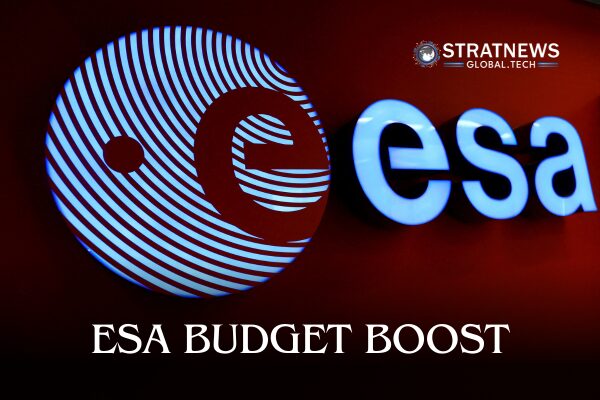Europe Raises Space Investment to €22.1 billion in the Next Three Years
European nations have agreed to raise space spending by nearly 30% over the next three years, approving a total budget of €22.1 billion to fund launches, satellites, and research programmes. The decision reflects Europe’s ambition to close the gap with the US, China, and private space companies leading the global race.
The European Space Agency (ESA) had asked its 23 member countries for around €22 billion for the 2026–2028 period, up from €16.9 billion allocated for 2023–2025. After two days of ministerial talks in Bremen, ESA Director General Josef Aschbacher announced that, for the first time in the agency’s 50-year history, members had met its full funding request.
“This marks a major milestone and underlines the growing importance of space for Europe’s economy, security, and defence,” Aschbacher said. “It is a domain where Europe has to catch up.”
Strengthening Autonomy and Security
The renewed focus on space comes amid rising concerns over Europe’s dependence on the US for defence and space capabilities, a topic intensified by the war in Ukraine. The increased budget signals Europe’s determination to achieve greater strategic autonomy in critical technologies and expand its space-based assets.
Despite budget challenges in several member states, including France—which hosts the European spaceport in French Guiana—nations committed to boosting space investments. The decision underscores space’s growing role as both an economic driver and a component of national security.
Key Areas of Investment
Ministers agreed to allocate €4.4 billion to space transportation, a 20% increase compared to the previous period, and €3.5 billion to Earth observation, up 16%. These funds will support the development of new launch vehicles, satellite systems, and climate monitoring initiatives.
The new package, however, excludes the UK-led TRUTHS mission, a planned satellite climate observatory, after Britain withdrew from the project due to budget constraints.
ESA’s funding model requires countries to contribute to core scientific programmes based on the size of their economies, while optional initiatives such as launcher and satellite projects depend on voluntary pledges negotiated every three years.
Aschbacher noted that the decision would also help strengthen Europe’s private space sector by encouraging new launch companies and commercial partnerships. “This is not only about exploration,” he said, “but also about building a sustainable and competitive space economy for Europe.”
with inputs from Reuters


